What Happens in Hippolytus?
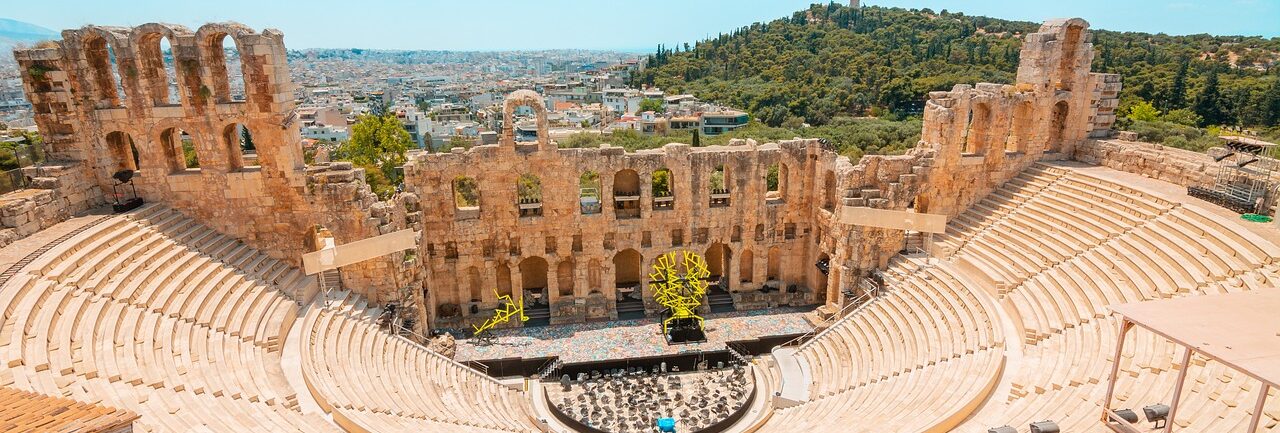
Euripides’s Hippolytus is a complex and psychologically rich exploration of desire, repression, and the conflict between societal expectations and individual passions. By examining this ancient tragedy through the lens of Jungian archetypes and depth psychology, we can uncover profound insights into the nature of the self, the dynamics of the psyche, and the consequences of denying our deepest truths.
I. Summary of Hippolytus
Hippolytus, the son of Theseus, is a devoted follower of Artemis and a rejecter of Aphrodite and sexual love. Aphrodite, angered by his neglect, causes Phaedra, Hippolytus’s stepmother, to fall in love with him. Phaedra, ashamed of her desire, initially tries to starve herself but is convinced by her Nurse to confess her love.
Hippolytus reacts with horror and revulsion. Phaedra, fearing exposure, hangs herself, but not before writing a letter accusing Hippolytus of raping her. Theseus, finding the letter, curses Hippolytus and exiles him. As Hippolytus leaves, he is fatally injured in a chariot accident. Before he dies, Artemis appears and reveals the truth to Theseus. The play ends with Hippolytus forgiving his father before dying.
II. Archetypal Figures in Hippolytus
Hippolytus:
The Puritanical Hero Hippolytus embodies the archetype of the Puritanical Hero. His rigid devotion to chastity and his rejection of Aphrodite represent a denial of the erotic and a repression of natural human desires. His fate suggests the psychological and physical consequences of this repression.
Phaedra:
The Shadow Feminine Phaedra represents the Shadow Feminine – the repressed, denied aspects of the feminine psyche. Her illicit desire for Hippolytus can be seen as an eruption of the erotic that has been suppressed by societal expectations and her own shame. Her tragic end highlights the destructive potential of this repression.
Theseus:
The Rash Ruler Theseus embodies the archetype of the Rash Ruler. His quick judgment and condemnation of Hippolytus, based on limited evidence, represent the dangers of acting from emotion and assumption rather than careful consideration. His character suggests the need for wisdom and restraint in the exercise of power.
III. Desire and Repression
At the heart of Hippolytus is the conflict between desire and repression. Hippolytus’s rejection of Aphrodite and Phaedra’s shame at her own desires represent the ways in which societal expectations and personal shame can lead to the denial of natural human feelings. The play suggests that this repression, rather than leading to virtue, can have destructive consequences.
IV. The Conflict of Artemis and Aphrodite
The conflict between Artemis and Aphrodite in the play represents the psychological tension between chastity and eroticism, between the denial of desire and its full expression. Hippolytus’s one-sided devotion to Artemis and neglect of Aphrodite can be seen as a failure to integrate these two aspects of the psyche, leading to imbalance and eventual destruction.
V. The Consequences of Denial
Hippolytus’s fate is a powerful illustration of the consequences of denial and repression. His rejection of Aphrodite and the erotic aspect of life leads to his downfall, suggesting that psychological wholeness requires an acknowledgment and integration of all aspects of human experience, even those that may be uncomfortable or socially taboo.
VI. Psychological and Societal Implications
The Repressed Shadow
Hippolytus’s story illustrates the dangers of the repressed shadow – the denied, unacknowledged aspects of the self. When the shadow is suppressed, as Hippolytus’s erotic nature is, it can erupt in destructive ways. The play suggests that true psychological health requires a confrontation with and integration of the shadow.
The Cost of Rigidity
Hippolytus’s rigid adherence to chastity and his rejection of Aphrodite represent a kind of psychological inflexibility. His fate suggests that this rigidity, while it may appear virtuous, can actually be damaging, preventing the individual from adapting to the full complexity of human experience.
The Need for Balance
The conflict between Artemis and Aphrodite in the play suggests the need for balance in the psyche. Hippolytus’s one-sided devotion to Artemis leads to imbalance and destruction. The play implies that psychological wholeness requires an integration of seemingly opposed aspects of the self, a balance between control and release, chastity and eroticism.
Read Abut Other Classical Greek Plays and Their Influence on Depth Psychology
Iphigenia in Aulis




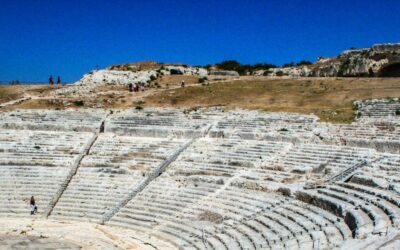




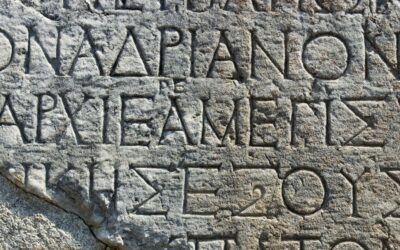




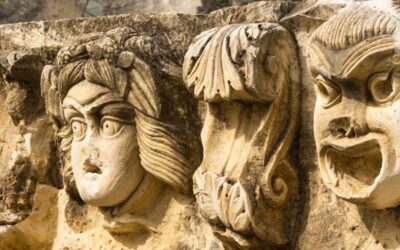
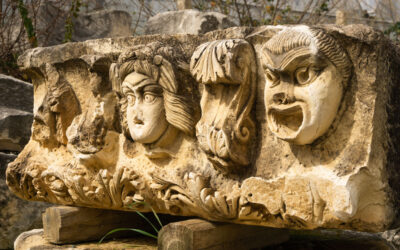

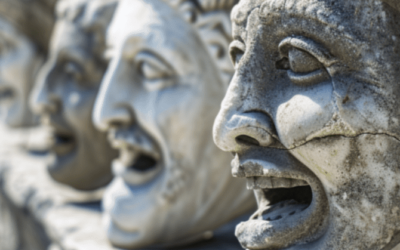
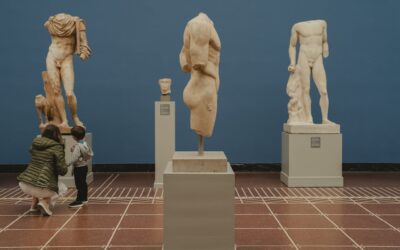
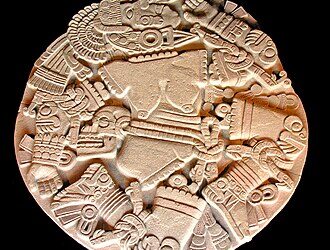
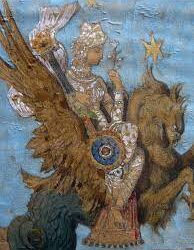
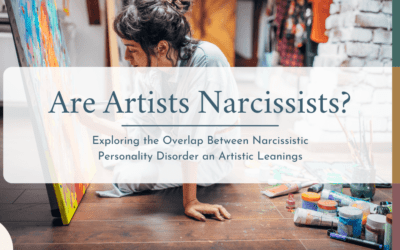

0 Comments